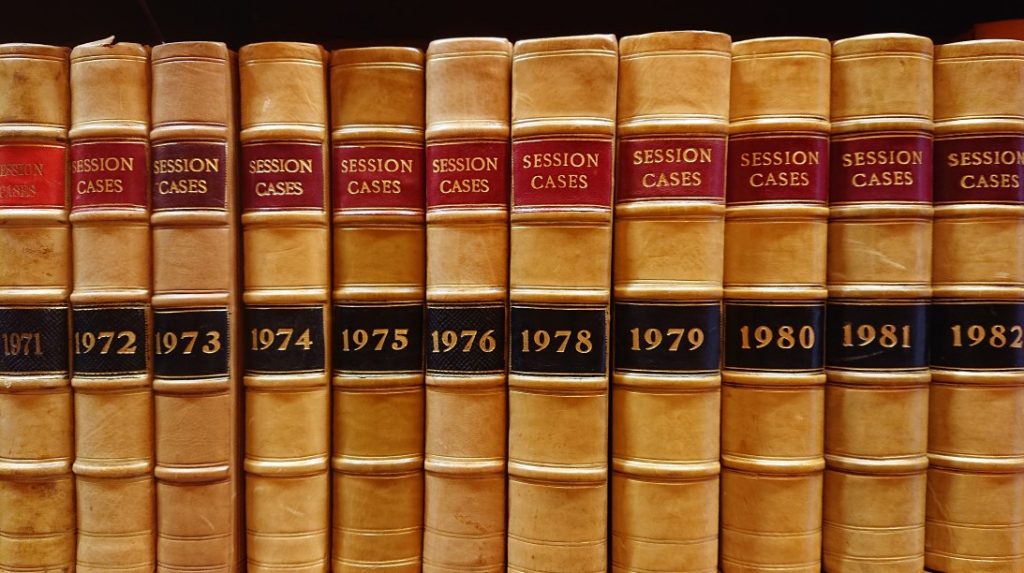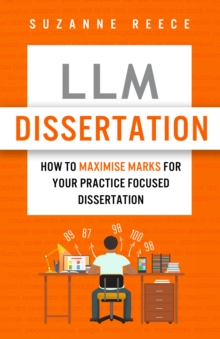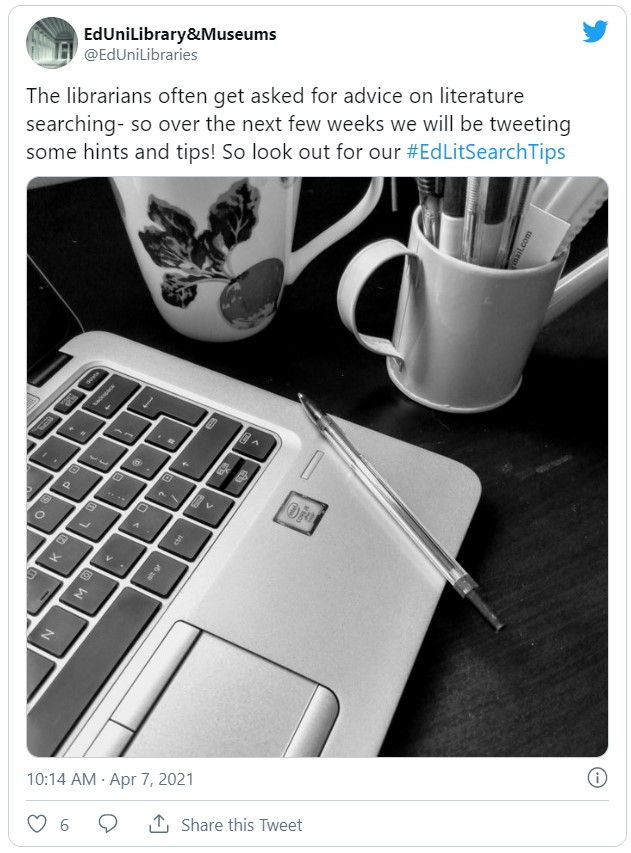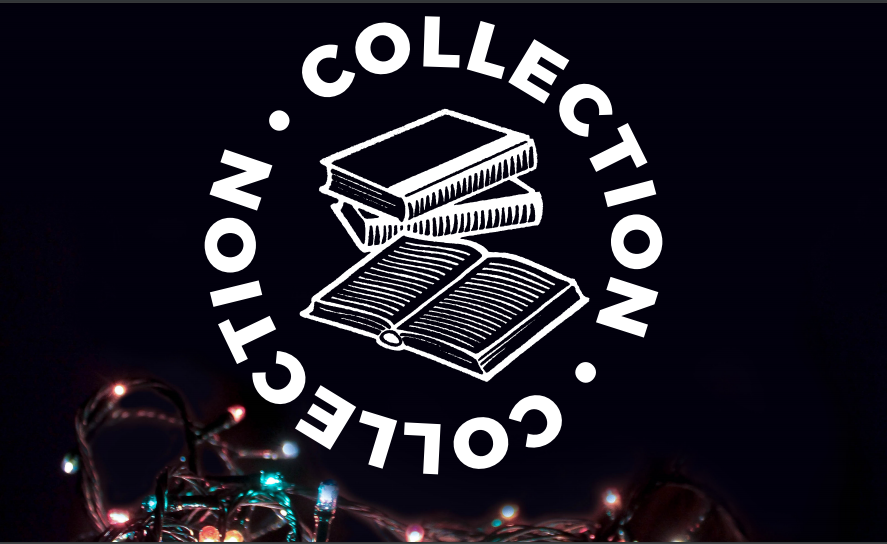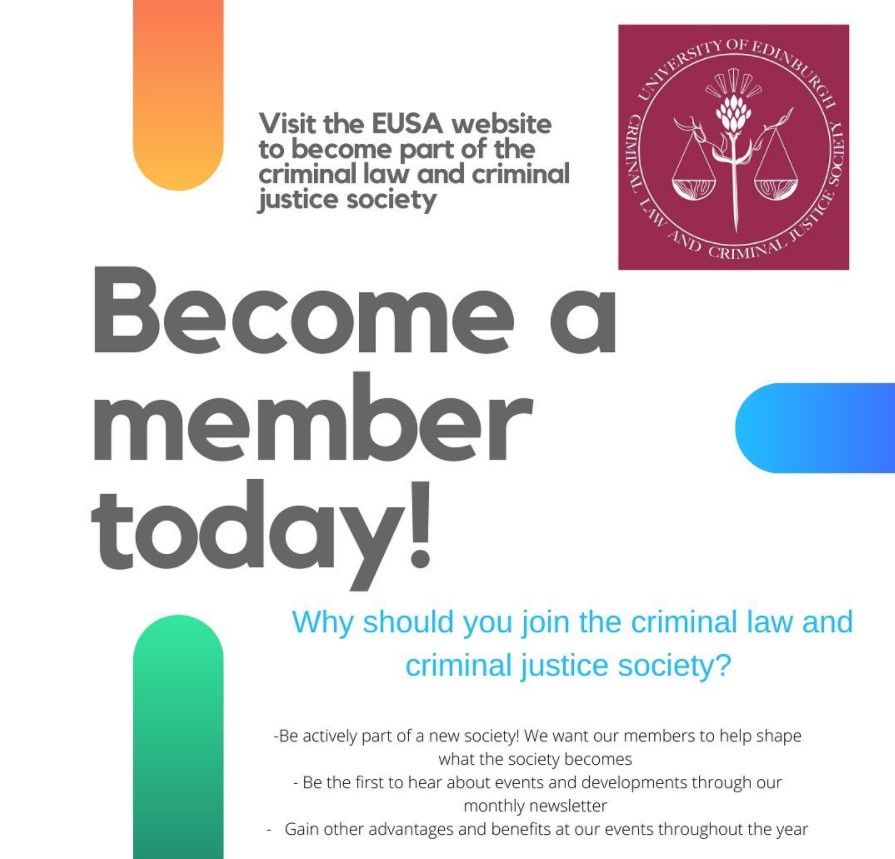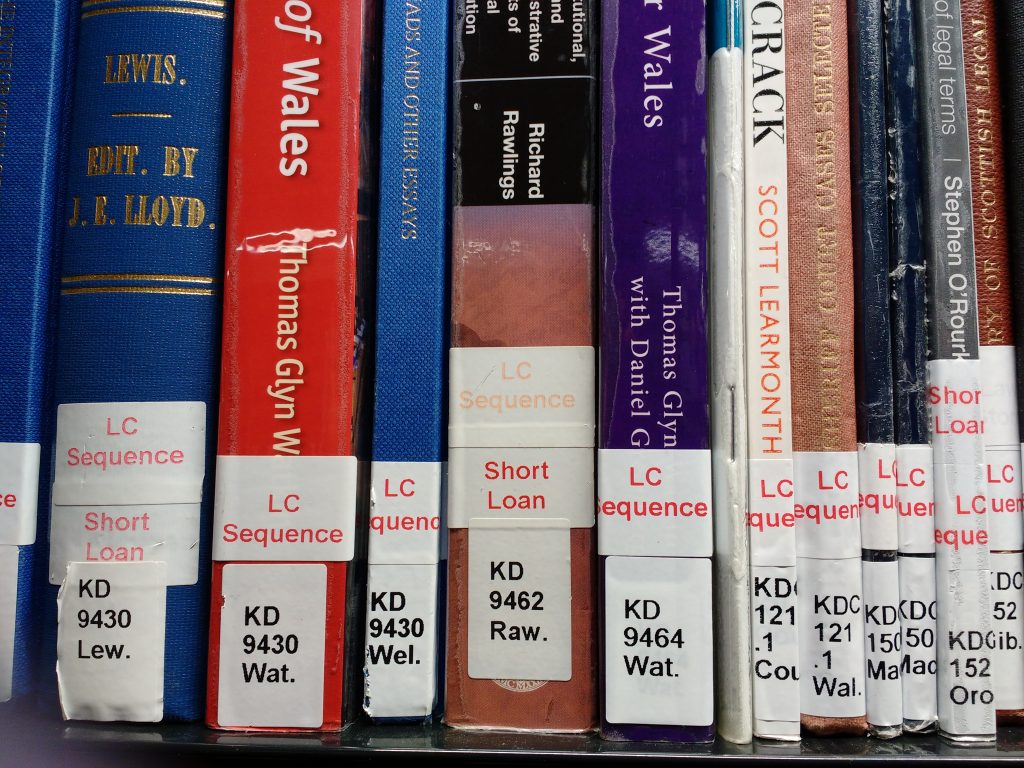
Image from kalhh on Pixabay
Always keen to show you that librarians know about more than just books, we like to highlight a range of resources for legal information here on the Law Librarian blog. This week we’re bringing you links to five organisations and that can help you keep abreast of current issues in Scottish legal news.
A website: The Law Society of Scotland: News & Events page
The Law Society of Scotland is not only the professional body for over 12,000 Scottish solicitors, but also a valuable site for keeping up-to-date with recent Society News, Legal News, Blogs and Publications, and much more! If you haven’t already got this page bookmarked we highly recommend it.
An email newsletter: Scottish Legal News
Subscribing to the free daily newsletter from Scottish Legal News brings you highlights and current awareness bulletins directly to your inbox. With everything from training opportunities and digests of notable cases, to job adverts and (our personal favourite) the ‘…and finally’ articles, this service is worth its weight in gold. Follow them on Twitter @ScottishLegal.
A YouTube channel: Edinburgh Law School
Whether you subscribe for the promotional videos from your fellow students talking about their experiences at the Law School, or you want to watch back particularly interesting recordings such as the recent Crime, Justice and Society Seminar on ‘Rap lyrics in criminal trials: What does the case law tell us?’, you can be sure to find something interesting and relevant to your study on the School channel. You can, of course, follow the Law School updates on Twitter @UoELawSchool. CJS are also on Twitter @UoECJS.
A podcast: The Scottish Feminist Judgments Podcast
The Scottish Feminist Judgments Project is part of a global series that aims to imagine how important legal cases might have been decided differently if the judge had adopted a feminist perspective. Coordinated by Sharon Cowan (University of Edinburgh), Chloë Kennedy (University of Edinburgh) and Vanessa Munro (University of Warwick), you can now listen to four excellent episodes of feminist analysis of Scottish judgments via Media Hopper or Apple Podcasts. More information about the project can be found on the website or their Twitter feed, @ScottishFemJP
A student society: Criminal Law and Criminal Justice Society
CrimSoc are a group led by students who are passionate about providing university-wide opportunities to all students interested in exploring all aspects of criminal law and justice. They seek to provide useful information about both legal and non-legal careers as well as regular discussion of current topics of interest with guest speakers. Students can find out more about joining the society using the contact information on the EUSA website, their Facebook group, or by following them on Instagram @uofecrimsoc.
We hope you’ve found something of interest to your studies or your professional development in the above list. If you regularly get your Scottish legal news from another source please leave a comment to tell us where! Alternatively you can contact us by emailing law.librarian@ed.ac.uk.


